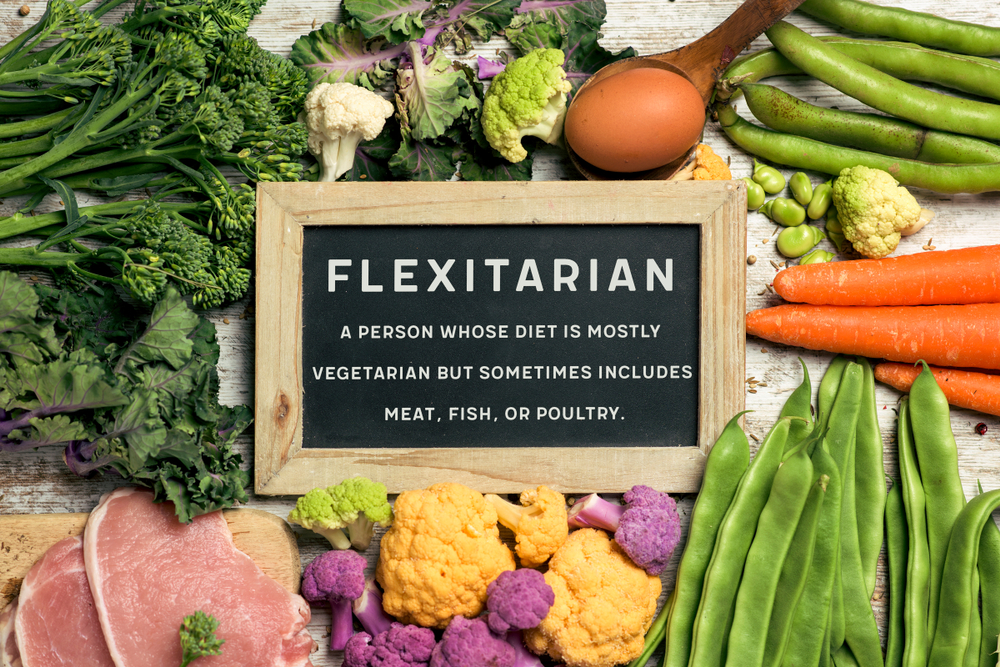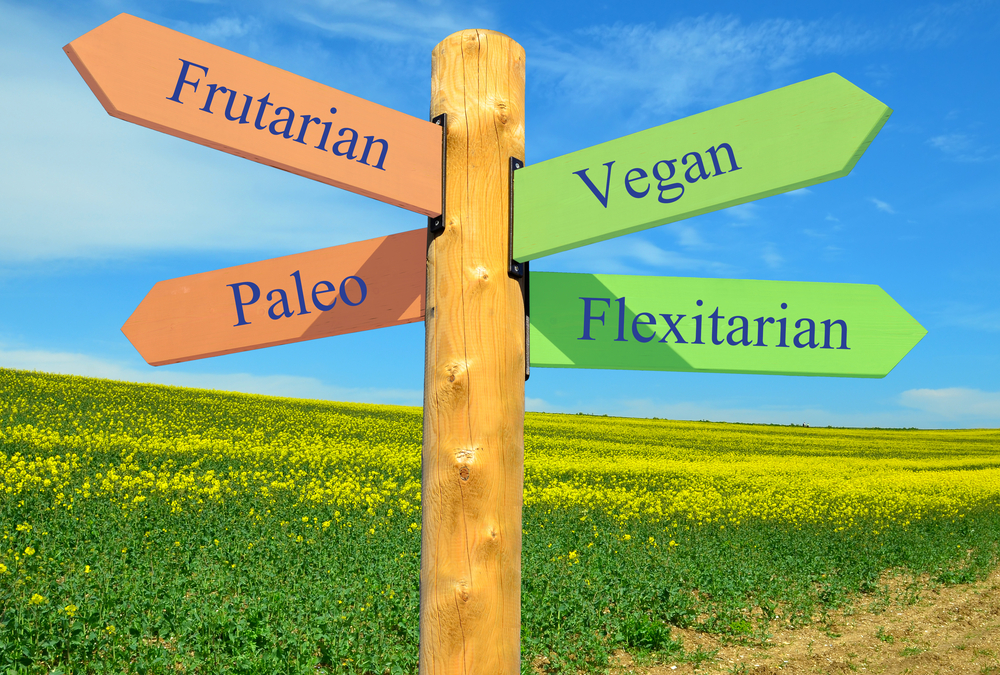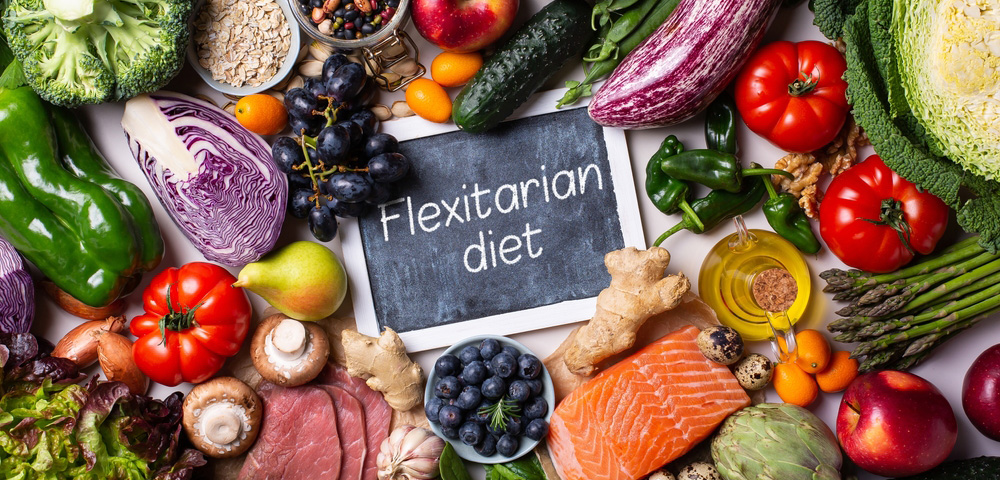You might be one of those people who gave Veganuary a shot, and whilst you enjoyed the challenge throughout January, you know it isn’t something you’ll be keeping up all year. Firstly, well done for getting through the month! And secondly, you aren’t alone if you found it harder than expected.
More and more people are transitioning to a Flexitarian dieti; research from YouGov found that 20% of people were choosing to reduce their meat intake as part of a flexitarian lifestyle. The diet takes inspiration from Veganism by incorporating more plant foods, without eliminating any food groups. That’s why Sophie Nahmad, expert chef at recipe box provider Gousto, has developed five tips and recipes to help you embrace Flexi February. This expert knowledge will help you find food freedom, reap the nutritious rewards of a plant-based diet, and reduce your overall meat consumption.
How could switching to a vegan diet throughout Veganuary be a challenge?
Sophie says: “Eating out and visiting friends and family can become difficult when you’re following a plant-based diet. Having to bring alternative options when eating with others, struggling to find restaurants that have sufficient vegan options, and having to check all food labels can be time-consuming and add extra hassle to a busy lifestyle.”
So why could Veganuary still be a good idea?
Despite practical challenges, Sophie points out that there are lots of nutritional benefits to veganism:
“A plant-based diet often has a lot of fibre, which is helpful if you’re looking to lose weight. Fibrous foods are digested more slowly by the body, so they can help you feel fuller for longer. Fibre is also great for gut health and will aid blood sugar levels which can reduce your risk of Type 2 Diabetes.
“Nuts and seeds, staples of a vegan or vegetarian diet, are a source of healthy fats which is great for your skin, hair, and nails as well as being a good boost for your brain health. Leafy greens, citrus fruits and berries are a great source of antioxidants, helping to keep your cells healthy and protect them from damage.
“A diet containing lots of plants will generally have a lower saturated fat content as the main source of this is from animal products. Eating more plant-based foods is great for helping to keep your cholesterol levels healthy, which can reduce your risk of developing heart disease.”

How going flexitarian can help you reap the rewards of a plant-based diet, without the restrictions
Sophie says:
“When it comes to eating a flexitarian diet, start by reducing your overall meat consumption, such as only eating meat at the weekends, or only on two or three days per week. Or you could try to make sure all your breakfasts and lunches follow a vegetarian diet, whilst your evening meals could be meat-based. A balanced diet is key to help you feel satisfied.
“Focus on boosting your meals with lots of plant proteins such as lentils, beans, pulses, and nuts, rather than processed meats. Nutrient dense foods are the key to a flexitarian diet; including plenty of whole grains such as brown rice, and lots of fruits, vegetables, and legumes will help you stay fuller for longer and add a variety of vitamins and mineralsii to your diet which will bring many health benefits.
“Stay organised by planning your meals. Cooking in batches or using a recipe box service means you won’t be stuck after work with nothing in the fridge and end up choosing a convenience food which might not be plant based. Using a recipe box subscription also reduces food waste, which is a double win as it will help you stick to plant-based foods on the days you’ve planned to, and ensure no leftover food goes to waste.

“Take inspiration from around the world. Lots of Middle Eastern and Asian dishes use ingredients such as quinoa, chickpeas, tofu, and nuts and seeds which add variety and lots of nutritional value. If you and your family are regular meat eaters and Veganuary seemed boring to you, maybe it’s time to do some research and take inspiration from around the world.
“On the days you do chose to eat meat, go for organic, un-processed cuts. For example, organic, grass-fed cuts of steak were found to have higher amounts of Vitamins A and E, more omega-3 fatty acids which are beneficial for your heart and brain, and less saturated fat compared to grain fed beef.
“Picking lean meat is much more beneficial for your diet over high in saturated fat choices such as chorizo or processed burgers and sausages. Oily fish is another good addition to support omega-3 levels and is a great source of protein.
“Following a healthy diet doesn’t need to be complicated. Whether you’re looking to go completely vegan, embrace a vegetarian diet, or you’d prefer to be flexitarian and eat meat and dairy foods less so that you’re reducing your meat consumption without restricting yourself, these tips will help you build sustainable habits throughout Flexi February.”





